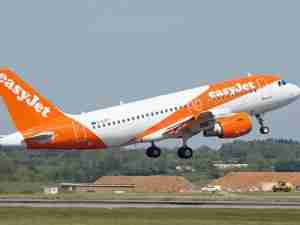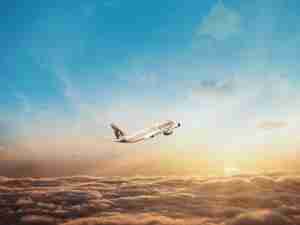IATA e-freight, part of IATA's Simplifying the Business initiative, is targeting US$1.2 billion in annual industry savings by removing paper from the cargo supply chain by the end of 2010. The project includes a fast track capability for early adopters to implement by the end of 2007.
Over the next four weeks, IATA, in conjunction with Freight Forward International (FFI), will conduct interview sessions with the top six freight forwarders by volume in each of the target locations. Where companies in the top six are FFI members, namely ABX, Dachser, DHL Air & Ocean, Exel, GeoLogistics, Kuehne Nagel, Panalpina, Schenker and UTI, FFI will carry out the review at a headquarters level. The survey is designed to audit freight forwarder technical systems and assess existing communication processes with shippers, airlines and governments.
In tandem IATA will meet with customs officials representing Australia, Canada, Chile, China, Dubai (UAE), Germany, Hong Kong, Japan, Korea (South), Malaysia, Netherlands, Singapore, South Africa, Spain, Sweden, United Kingdom and the United States. Survey results will be compiled by early November with trials starting as early as Q3 2007.
IATA's 265 member airlines are similarly being consulted as part of quarterly Simplifying the Business surveys that gauge progress on all five StB initiatives including e-freight, electronic ticketing, common use self service check-in, bar coded boarding passes and RFID for baggage management. In total IATA's Simplifying the Business programme will yield annual industry savings of US$6.5 billion.
"Once we have gathered all the data, we can determine who is willing and able to participate in IATA e-freight pilots," said Aleks Popovich, Global Head of Cargo, IATA. "We're optimistic that of the locations being targeted, at least 10 will express strong interest and go ahead with the trials."
Popovich said the trials, which will be conducted on selected routes and gateways, are designed to test and fine tune paperless processes and enabling technologies.
IATA e-freight was launched late last year to enable the simplification of complex cargo processes, cut costs, increase information transparency and reduce the time needed to move cargo to its destination. Currently, an average cargo consolidation shipment travels with 38 documents per master Air WayBill at a cost of US$30. Over the course of the year, the industry ships the equivalent of 39 747-400s full of paper. While electronic records for a paper air waybill have been accepted as a legal substitution since 1988 (Montreal Protocol No 4), only 15% of today's AWBs are electronic.
On top of that, IATA research conducted in 1972 showed that the average end-to-end transport time for a consignment was 6.5 days (excluding flight time). Nearly a quarter of a century later, based on a Unisys commissioned study that analysed 2,000 international shipments, transport time remains at about 6 days.
""The earlier stakeholders are involved the better off they'll be," said Popovich. ""By working closely with customs organisations, we can create a positive force for change in ensuring e-freight provides benefits to all supply chain stakeholders."
The watershed IATA e-freight conference, designed to formally kick-start industry action, is slated for November 1-3 in Geneva, Switzerland. Industry experts, representing stakeholders across the supply chain, will present case studies and workshops to highlight the urgent need for e-freight.
"This conference will be a tremendous opportunity for air cargo supply chain participants to join up and get behind united action for delivering e-freight: a simpler, electronic, paper-free air cargo industry," said Popovich.










